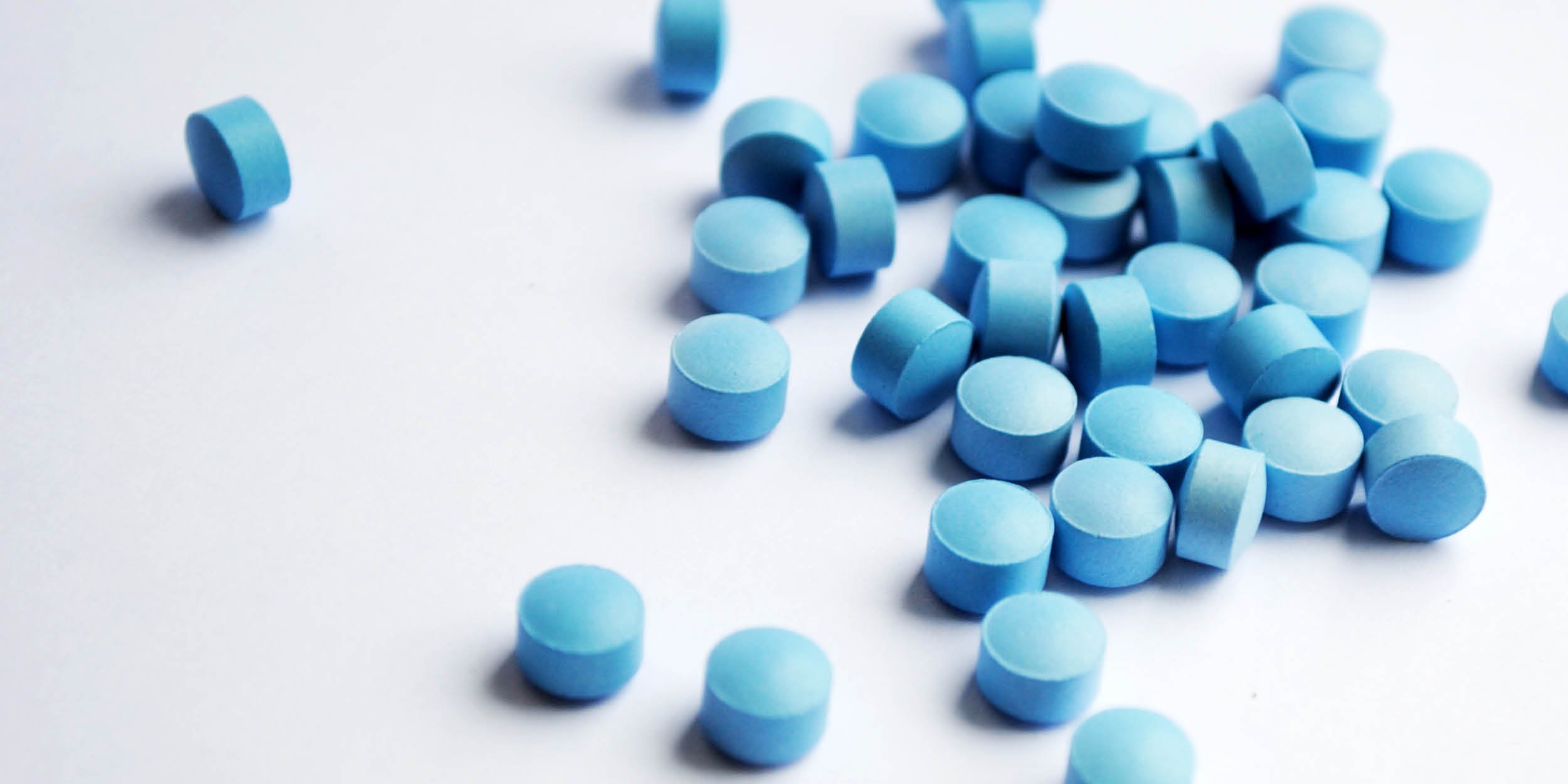Long-Term Use of Benzodiazepines – Avoiding Another Drug Crisis
Long-Term Use of Benzodiazepines – Avoiding Another Drug Crisis

This blog post is presented by the ADAA 2020 Conference Gold Sponsor VistaGen Therapeutics.
I admit it. When I am making rounds at the local psychiatric hospital, I am in a rush to see all the patients as quickly as possible to assure I complete my rounds given the large patient workload. So when I encounter a very anxious patient, I often do what my primary care colleagues do, I prescribe a benzodiazepine (BZD). The difference is that, on the inpatient unit, I typically prescribe a onetime order, whereas primary care physicians (PCPs) usually give an entire month’s drug supply, often with refills. And that is the crux of the problem.
There is no question that benzodiazepines like clonazepam (Klonopin) and alprazolam (Xanax) work to relieve acute anxiety with unrivaled efficacy. But when used chronically, the risks of dependence, tolerance, cognitive dysfunction, etc. often outweigh the benefits (1,2), which is why it is recommended to prescribe for 30 days or less. Nevertheless, long-term administration accounts for more than half of benzodiazepine prescriptions, and the majority are prescribed by PCPs (3). As I rush to see all individuals on the inpatient unit, I empathize with my colleagues in primary care who have only minutes to assess the physical and mental health of an individual, and who may view benzodiazepines as a convenient and effective way to relieve anxiety with minimal further interaction. Like my PCP colleagues, I follow the axiom to “first do no harm,” but I also understand how they feel pressure to “do something, and do it quickly!”
We must be careful about the widespread administration of benzodiazepines, which has already been compared to the opioid crisis, giving rise to the term “benzo crisis.” So what can be done in lieu of prescribing BZDs? While cognitive behavioral therapy (CBT) and SSRI/SNRIs are useful in the long-term management of outpatients with various anxiety disorders, patients and physicians still crave easy and rapid relief of acute anxiety symptoms, hence the number of BZD prescriptions. Are there any drugs that possess the rapid anti-anxiety effects of BZDs without the baggage? Hospitals and institutions wishing to create a “benzodiazepine-free zone” often prescribe antihistamines, but these drugs do little more than sedate the patient and therefore are not a substitute for BZDs. Propranolol certainly attenuates the peripheral autonomic effects of stress but unfortunately does little to calm central anxiety. In the absence of safe and effective, fast-acting, prescription anxiolytics, many patients turn to other remedies such as cannabidiol (CBD). While there is evidence that CBD relieves stress in animals, I am only aware of one clinical study in which CBD mitigated the stress of public speaking in social anxiety disorder (SAD) patients (4). Several pharmaceutical companies have attempted to create compounds that functionally block the GABA receptor subtypes, mediating anxiety without affecting the subtypes that caused sedation and cognitive dysfunction. Unfortunately, while the compounds worked in animals, the favorable side effect profile did not translate to humans.
Is there anything else on the horizon? VistaGen Therapeutics is currently developing PH94B nasal spray for SAD. PH94B is a novel, odorless, non-benzodiazepine, non-sedating, synthetic neuroactive steroid that targets human nasal chemosensory cells that project to the amygdala. At microgram doses, and with no detectable systemic exposure, a single dose of PH94B has been shown to reduce the stress of public speaking in individuals with SAD within minutes (5). A second “real world” study in which SAD patients self-administered PH94B before socially stressful events confirmed the rapid-onset benefits for the treatment of SAD, as well as a reduction in overall SAD symptomatology (6). Compared with current pharmacologic and psychosocial options for treating SAD, PH94B nasal spray is unique by virtue of its mechanism of action, its intranasal route of administration, its acute onset of action, and the ability of patients to only administer it when needed. PH94B will be entering Phase 3 trials next year to address a significant unmet need in treating SAD, a serious condition that impacts multiple aspects of an individual’s life.
Hopefully, we can learn from the mistakes that contributed to the opioid crisis and therefore avoid prescribing benzodiazepines for long-term use. Until a non-benzodiazepine, rapid-acting anxiolytic becomes available, PCPs would be wise to refer patients with chronic anxiety to a mental health professional to apply proven, safe and effective long-term solutions such as CBT and SSRI/SNRIs. Nevertheless, there remains a huge unmet medical need for a novel, rapid-acting anxiolytic without the unwanted psychological side effects or safety concerns associated with current pharmacologic treatment options.
References:
- Lembke, A., J. Papac and K. Humphreys (2018). “Our other prescription drug problem.” N Engl J Med 378 (8):693-695.
- Ait-Daoud, N., A. S. Hamby, S. Sharma and D. Blevins (2018). “A review of alprazolam use, misuse, and withdrawal.” J Addiction Med 12(1):4-10.
- Agarwal, S.D. and B.E. Landon (2019). “Patterns in Outpatient Benzodiazepine Prescribing in the United States.” JAMA Network Open 2(1):e187399.
- M.M. Bergamaschi, R.H. Costa Queiroz, M.H. Nisihara Chagas et al., (2011). “Cannabidiol reduces the anxiety induced by simulated public speaking in treatment-naive social phobia patients.” Neuropsychopharmacology 36:1219–1226.
- Liebowitz, M.R., E. Salman, H. Nicolini, N. Rosenthal, R. Hanover and L. Monti (2014). “Effect of an acute intranasal aerosol dose of PH94B on social and performance anxiety in women with social anxiety disorder.” Am J Psychiatry 171(6):675-682.
- Liebowitz, M.R., R. Hanover, A. Draine, R. Lemming, J. Careri, and L. Mont (2016). “Effect of as-needed use of intranasal PH94B on social and performance anxiety in individuals with social anxiety disorder.” Depress Anxiety 33(12):1081-1089.
Author:
Mark A. Smith, MD, PhD, Chief Medical Officer, VistaGen Therapeutics, Inc.
This blog post is presented by the ADAA 2020 Conference Gold Sponsor VistaGen Therapeutics.











